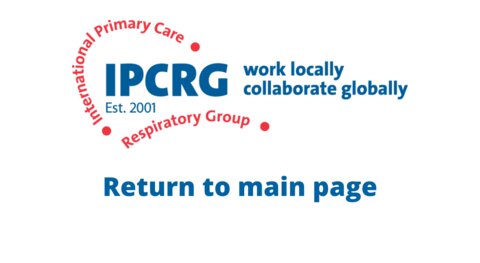What is the transmissibility of the Delta variant from and to people who are vaccinated against SARS-CoV-2?
What the research says:
The transmission rate of the SARS-CoV-2 Delta variant is higher than that of the Alpha variant, regardless of vaccination status (Allen et al 2021; PHE 2021). The Pfizer-BioNTech vaccine provides around 79% protection from infection 7–14 days after the 2nd dose (COVID-END 2021). The Oxford-AstraZeneca vaccine provides around 60% protection from infection 14 days after the second dose (COVID-END 2021).
The Delta variant is associated with a viral load that is estimated to be around 1000 times higher than that for the viral strains that were circulating during the initial outbreak in China which may partly explain its increased transmissibility (Baisheng et al 2021). A recent study has confirmed the high levels of vaccine effectiveness against the Delta variant of SARS-CoV-2 following the second dose of the Pfizer BioNTech and Oxford-AstraZeneca dual-dose vaccines (Lopez Bernal et al 2021). Specifically, protection against severe COVID-19 illness and death, remains high for current vaccines against this variant.
What this means for your clinical practice:
- Be aware that fully vaccinated individuals may still acquire, carry and transmit the SARS-CoV-2 virus
- Continue to use infection control and personal protective equipment when in contact with patients regardless of their vaccination status and according to National guidance
- Continue to deliver vaccination against SARS-CoV-2 according to National guidelines. For patients receiving a dual-dose SARS-CoV-2 vaccine, continue to emphasise the need to receive both doses due to the increased vaccine effectiveness, especially against the Delta variant, after the second dose
- Continue to advise patients to be aware of the potential for viral transmission even after full vaccination and the need for infection control in daily life (including regular lateral flow testing) according to National guidance
Useful links and supporting references:
Allen H, et al. Increased transmission of COVID-19 cases associated with SARS-CoV-2 variant of concern B.1.616.2: a national case-control study. Available at: https://khub.net/documents/135939561/405676950/Increased+Household+Transmission+of+COVID-19+Cases+-+national+case+study.pdf/7f7764fb-ecb0-da31-77b3-b1a8ef7be9aa. Accessed July 2021.
Baisheng L, et al. Viral infection and transmission in a large well-traced outbreak caused by the Delta SARS-CoV-2 variant. Pre-print. Available at: Viral infection and transmission in a large, well-traced outbreak caused by the SARS-CoV-2 Delta variant | medRxiv. Accessed August 2021.
COVID-END. COVID-19 Living Evidence Synthesis #6. Version 12: 14 July 2021). Available at: COVID-19 Living Evidence Synthesis 6.12 - What is the efficacy and effectiveness of available COVID-19 vaccines in general and specifically for variants of concern (mcmasterforum.org). Accessed July 2021.
Public Health England. SARS-CoV-2 variants of concern and variants under investigation in England. Technical briefing 15. 11 June 2021. Available at: https://assets.publishing.service.gov.uk/government/uploads/system/uploads/attachment_data/file/993879/Variants_of_Concern_VOC_Technical_Briefing_15.pdf. Accessed July 2021.
Authors:
Dr Osman Yusuf (Chief Consultant of the Allergy & Asthma Institute, Pakistan) for and on behalf of the IPCRG practice driven answers review group.
Resource information
- COVID-19
- COVID Variants
- Transmission
- Vaccination
